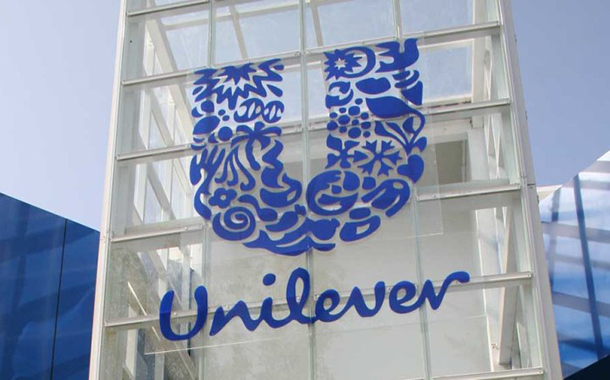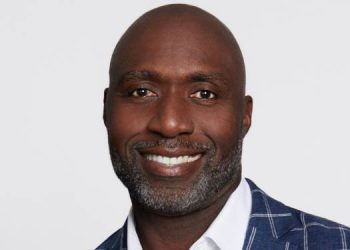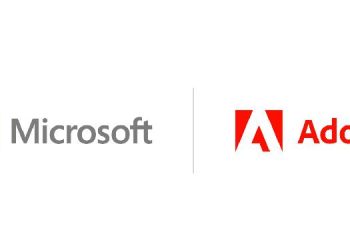Consumer goods giant Unilever has outlined a string of actions and targets it will undertake in the wake of a failed takeover approach for the multinational from Kraft Heinz.
Unilever said it is looking to double savings in overheads and advertising before 2020. The Anglo-Dutch consumer goods company was targeting €1 billion in savings over the next three years but will now seek to remove a full €2 billion from this part of its cost base.
It plans to reduce the number of advertisements it commissions by 30% as part of a cost-cutting drive, chief financial officer Graeme Pitkethly said in a phone interview, without specifying how much actual marketing spending will be cut.
To reduce costs the company has embraced zero-based budgeting, under which individual expenses are reviewed during each accounting period rather than rolled over.
Pitkethly added that zero-based budgeting has given Unilever “much greater visibility” on exactly where marketing and brand investment is going.
Unilever’s CEO Paul Polman said the success it has seen with implementing zero-based budgeting in the business has been an “integral part” of its strategy of investing for growth, providing fuel for that growth as well as driving margin improvement.
He listed a number of ways it has helped the business, from “unlocking” faster global roll-outs to “unleashing local innovations faster” and offering faster response times to consumer and channel needs.
Unilever also plans to cut the number of creative agencies it works with globally by half after finding that it employs a whopping 3,000 agencies. Pitkethly claimed this would be good for both Unilever and the agencies, offering it more buying power and agencies bigger deals and more scale.
He said that the firm produces more ads than ever make it to air. The strategy going forward will be to show more of the better ads that make the cut for longer periods of time.
The plan, he said, “won’t compromise the impact” of the company’s overall advertising and marketing strategy.
The company did not disclose how much it believed it would save by cutting the number of ads it produces and trimming its agency roster. It is estimated that Unilever spends more than US$7 billion on advertising worldwide each year.
As a result, the stock price of WPP, Unilever’s core advertising agency, has dropped by 4.4% in the US market since the news – its biggest decline in a month.
Unilever contributes about 3% of the network’s revenue, according to data compiled by Bloomberg.
The Anglo-Dutch giant plans to sell Flora margarine and other underperforming spreads brands while raising its target for cost savings, buying back €5 billion of its shares and boosting its dividend.
The company will combine its food and refreshments operations in a single entity in the Netherlands and review its dual nationality, a move that could result in more mergers and acquisition activity.
“The review that the board has undertaken has been detailed and comprehensive,” Unilever chairman Marijn Dekkers said in a statement. “It has confirmed that our model of long-term shareholder value creation has been successful and remains as valid as ever. The actions we are now going to take are fully supported by the board.”

















